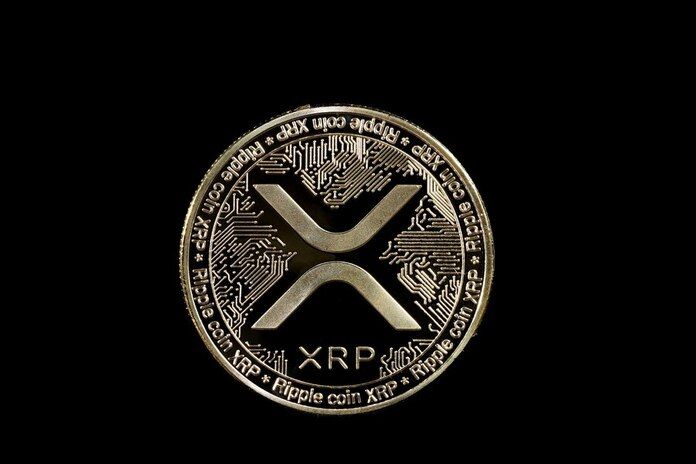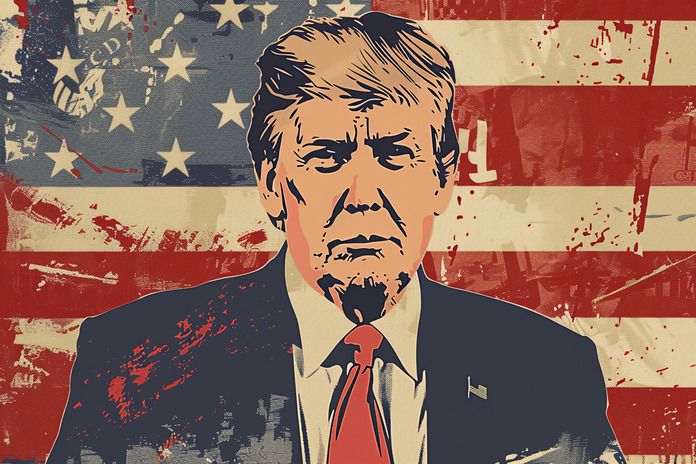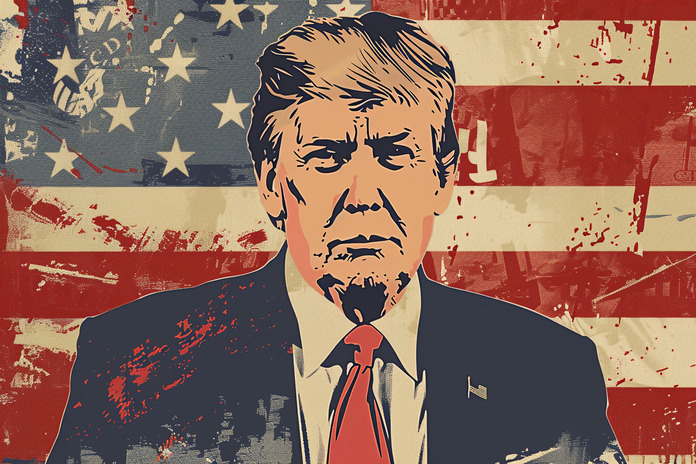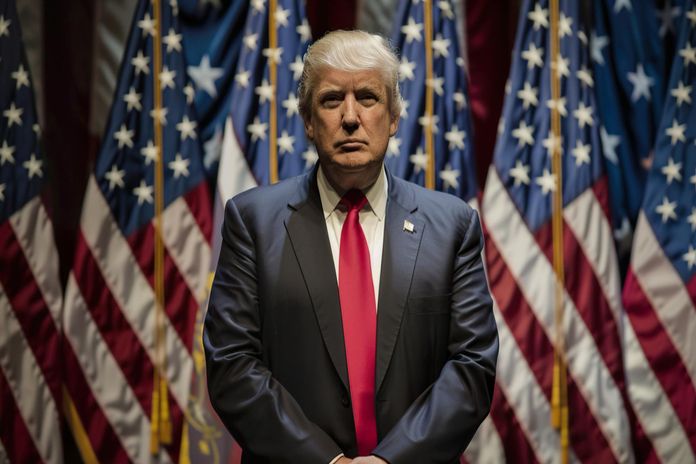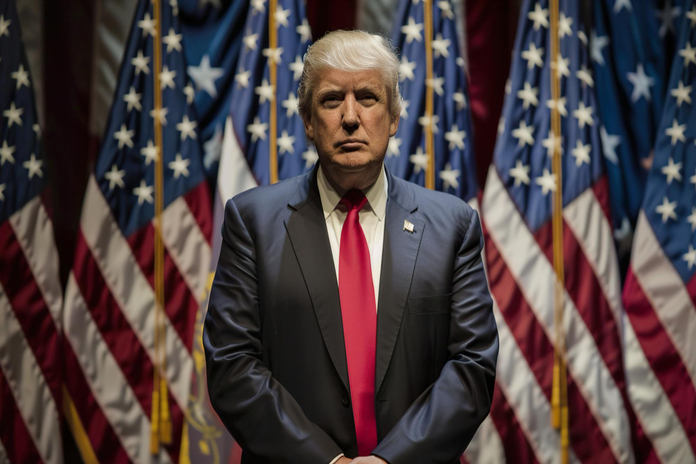XRP Investment Outlook Divides Top Analysts
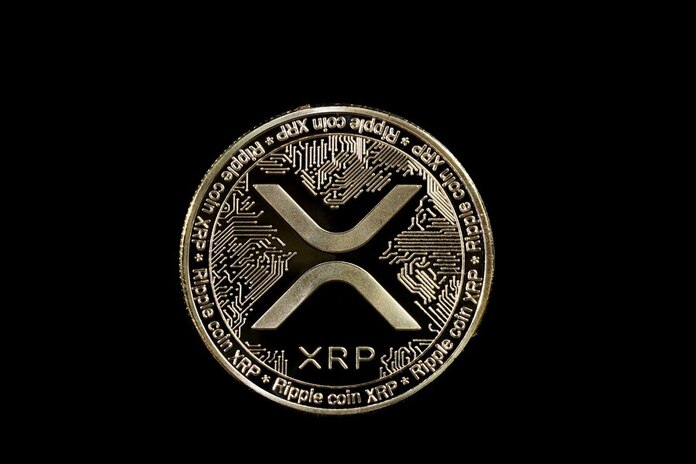
Ripple’s XRP has been through a whirlwind in recent months, and the XRP investment outlook is once again the subject of heated debate. After hovering near $0.50 in early November, XRP surged more than 550% to reach $3.29 by mid-January — a rally sparked by Donald Trump’s return to political power and optimism around a more crypto-friendly administration.
Yet, despite that explosive run, XRP has since pulled back by over 30%. So, is the party over, or is this just the beginning of a new chapter for Ripple’s digital asset?
Top TipRanks investor Anders Bylund, ranked among the top 1% of stock analysts, believes the XRP investment outlook is far from straightforward. While he acknowledges strong bullish sentiment, he also warns that potential investors should tread carefully.
The Bear Case: One-Off Rally, Competition, and Fading Hype
According to Bylund, the bullish wave that followed Trump’s victory may have been a “one-time emotional surge” rather than a sustainable upward trend. While the U.S. Securities and Exchange Commission (SEC) dropping its case against Ripple was a major win, the market may have already priced that in.
He also questions one of the major bullish talking points — the idea that a U.S. crypto reserve would boost XRP demand. “There’s no evidence that the U.S. Treasury will back XRP over Bitcoin (BTC), or even consider crypto in that kind of role anytime soon,” Bylund explains.
Then there’s the question of competition. Ethereum (CRYPTO:ETH) and Solana (CRYPTO:SOL) are fast gaining ground in the cross-border payments niche. Both platforms are expanding their reach, developing their ecosystems, and forming key financial partnerships — all of which could erode RippleNet’s early lead.
“With so many question marks and growing competition, it’s entirely possible that XRP faces a sharp correction,” Bylund warns.
The Bull Case: Real Utility, Bank Partnerships, and Long-Term Potential
But don’t count XRP out just yet. The bullish XRP investment outlook hinges on the project’s real-world utility — a critical differentiator in a market filled with speculative meme coins.
XRP isn’t just a token; it powers RippleNet, an enterprise-grade international payment network used by banks and financial institutions around the globe. “This isn’t Dogecoin,” Bylund says. “RippleNet is real. It’s functioning. It could become a trillion-dollar business someday.”
He also emphasizes that the end of the SEC lawsuit clears a major legal cloud over XRP and potentially sets a precedent for the broader crypto market. If institutional adoption accelerates, Ripple could be at the forefront of that wave.
Furthermore, XRP’s partnerships with major banks give it a leg up in building credibility, scalability, and adoption. While Ethereum and Solana are strong competitors, Ripple already has a foothold in international finance — something newer platforms still need to build.
Should You Buy XRP Now?
That’s the big question. “It really comes down to your risk appetite,” Bylund says. For investors who believe in Ripple’s vision and the long-term potential of crypto-powered cross-border payments, now might be an attractive entry point. For others, it may be wise to wait for more clarity.
“Ripple still sits below $2.50, so there’s room to grow — but also plenty of downside risk,” he cautions. “Understand your goals and make sure you’re comfortable with the volatility.”
The XRP investment outlook is ultimately a tale of two narratives: one grounded in real-world utility and long-term growth, the other clouded by uncertainty, legal hangovers, and fierce competition.
Final Thoughts
While Ripple’s future holds promise, an XRP investment requires a nuanced understanding of both its potential and its pitfalls. The coming months may bring more volatility, but also greater clarity. For now, investors may want to keep their eyes on RippleNet’s progress — and be ready to act when the time is right.
Featured Image: Freepik
